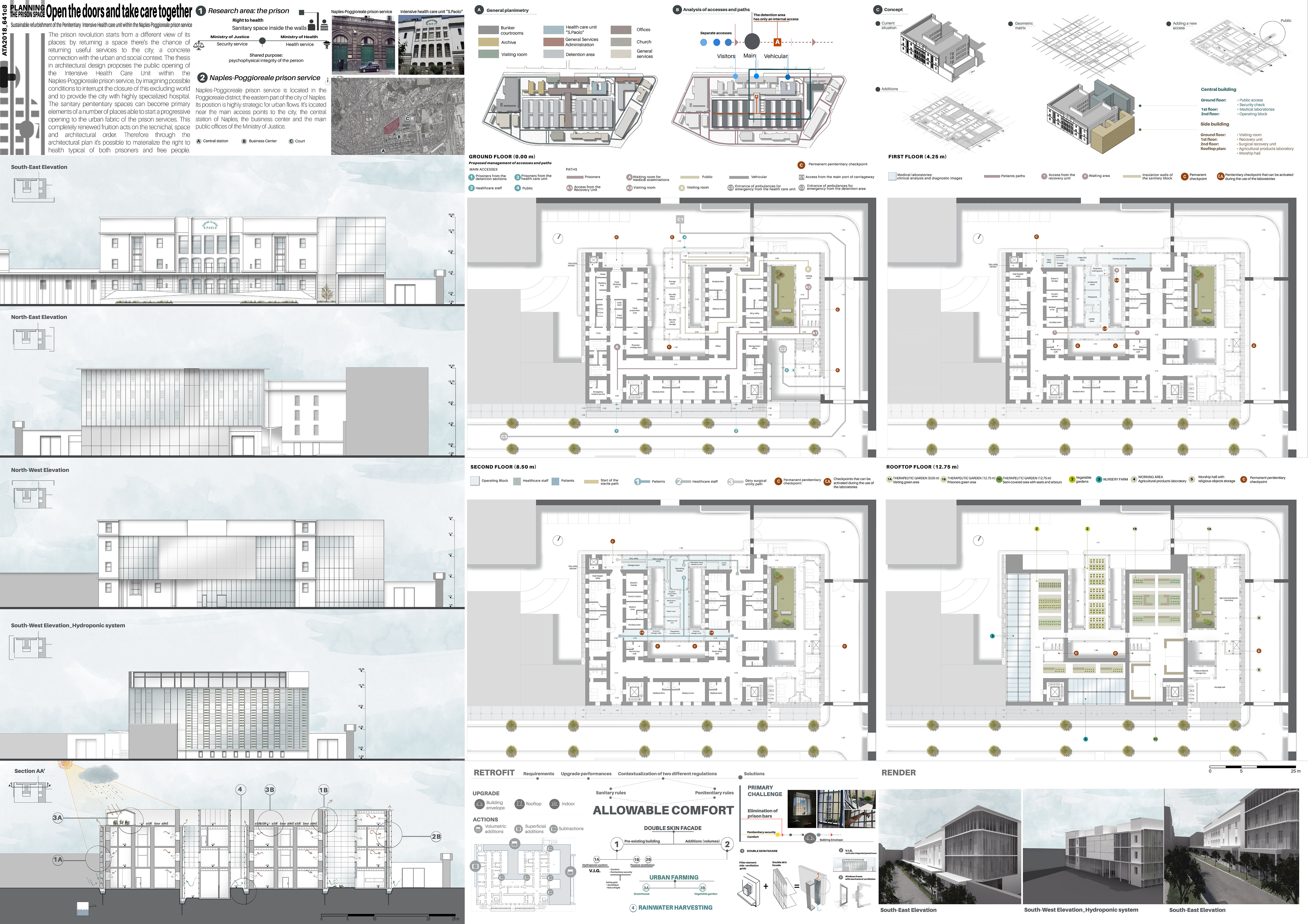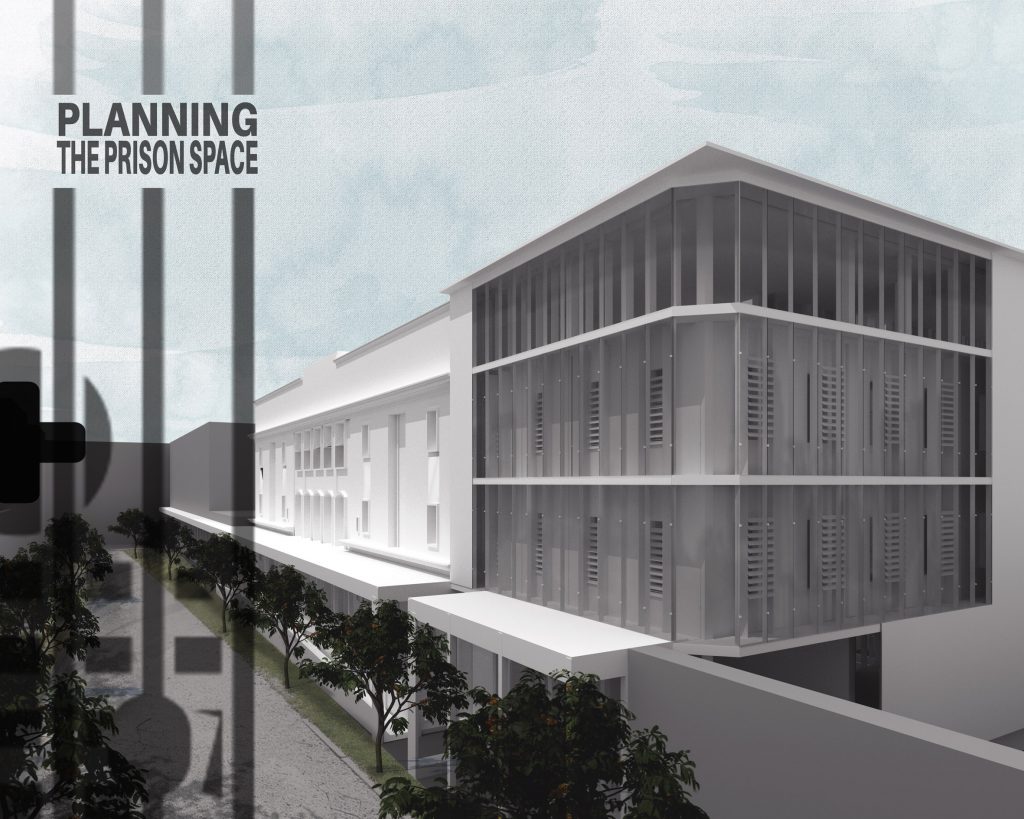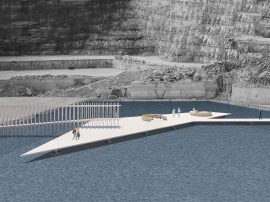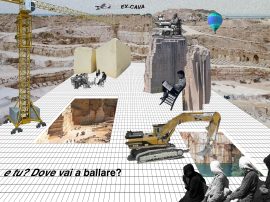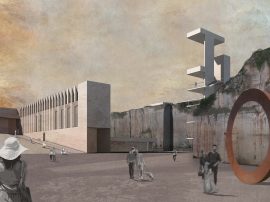The prison revolution starts from a different view of its places: by returning a space there’s the chance of returning useful services to the city. The thesis proposes the public opening of the Health Care Unit within Naples-Poggioreale prison service, by imagining possible conditions to interrupt the closure of this world and to provide the city with highly specialized hospital. The sanitary penitentiary spaces can become primary elements of a number of places able to start a progressive opening to the city of the prison services. This completely renewed fruition acts on the tecnichal, space and architectural order. Through the architectural plan it’s possible to materialize the right to health typical of both prisoners and free people.

The approach with a space, that has unique spatial and technological architectural features, inevitably leads to a series of conflicts in a system of different and contradictory needs. Designing this space means interpreting a system of "other" life, placing at the center the human being and his rights, compatible with the deprivation of liberty. It means considering him as a true component of a civil society. The issue of space in the execution of penalties must be recognized as central and indispensable. The thesis work sets a series of objectives: • The design of a quality detention and health space, compatible with human rights; • The compatibility of performing health services with the security prison, through the contextualization of the principles of health regulation and penitentiary regulation (the former is the most restrictive of the two); • The official realization, through public opening and interaction with the city, of the egalitarian principle of the right to health and of equal treatment among free citizens and prisoners enshrined in the current sanitary legislation; • The use and contextualization of some retrofit criteria in the field of both preliminary research and the project, pursuing the almost total preservation of the existing building.

The use of retrofit principles aims at inserting a number of points of reflection on the issue of redevelopment of the existing penitentiary building stock. The thesis interfaces with issues ranging from prison security to the concrete possibility of improving environmental comfort in a health care unit within a prison. The aim of the whole methodology is to present itself as an experimentation in the field. The work wants to be a propeller for new inputs and ideas in the design of prison spaces, in the absolute awareness that this practice must be a moral duty of the architect.

The Board:
